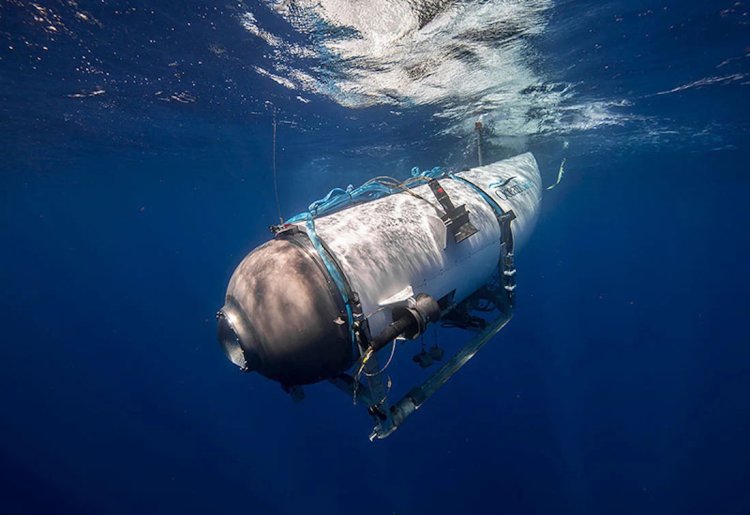Whistleblower Fired After Raising Safety Concerns About OceanGate's Submersible in 2018
Fired Director Raised Concerns Over OceanGate's Submersible Safety Before Titanic Expedition

The director of marine operations at OceanGate, the company involved in a recent submersible incident during a Titanic expedition, was terminated after expressing reservations about the submersible's novel carbon fiber hull and other systems before its inaugural voyage. Insider and New Republic initially reported the details from a 2018 lawsuit filing.
David Lochridge, who presented a critical quality control report to OceanGate's senior management, including CEO Stockton Rush, was fired in January 2018. Lochridge's report emphasized the need to address potential safety risks promptly and officially, as previous verbal communication had been disregarded.
The report highlighted several serious safety concerns, particularly focusing on the carbon fiber supplied to OceanGate. Lochridge expressed worries about visible flaws in the material, raising the possibility of these flaws expanding into significant tears during pressure cycling—a result of the submersible's journey to and from the deep ocean floor. He also noted prevalent flaws in a previously tested scale model of the hull.
While carbon fiber composites can offer strength and lightness, making a submersible buoyant, they can also exhibit sudden failure under stress. Spencer Composites, the sole company to have manufactured a carbon fiber hull for a manned submersible in the past (commissioned by Steve Fossett), produced the hull Lochridge addressed.
Lochridge recommended non-destructive testing of the Titan's hull to ensure a solid and safe product. However, he was informed that such testing was deemed impossible, with OceanGate relying instead on its acclaimed acoustic monitoring system. The company claimed that this in-house technology utilized acoustic sensors to detect deteriorating carbon fibers in the hull, providing pilots with early warning signals to abort the descent and return safely to the surface.
Expressing concerns in the lawsuit, Lochridge doubted that the acoustic system would detect flaws until the vessel was descending, potentially offering only milliseconds of warning before a catastrophic implosion occurred.

 chandni
chandni 



